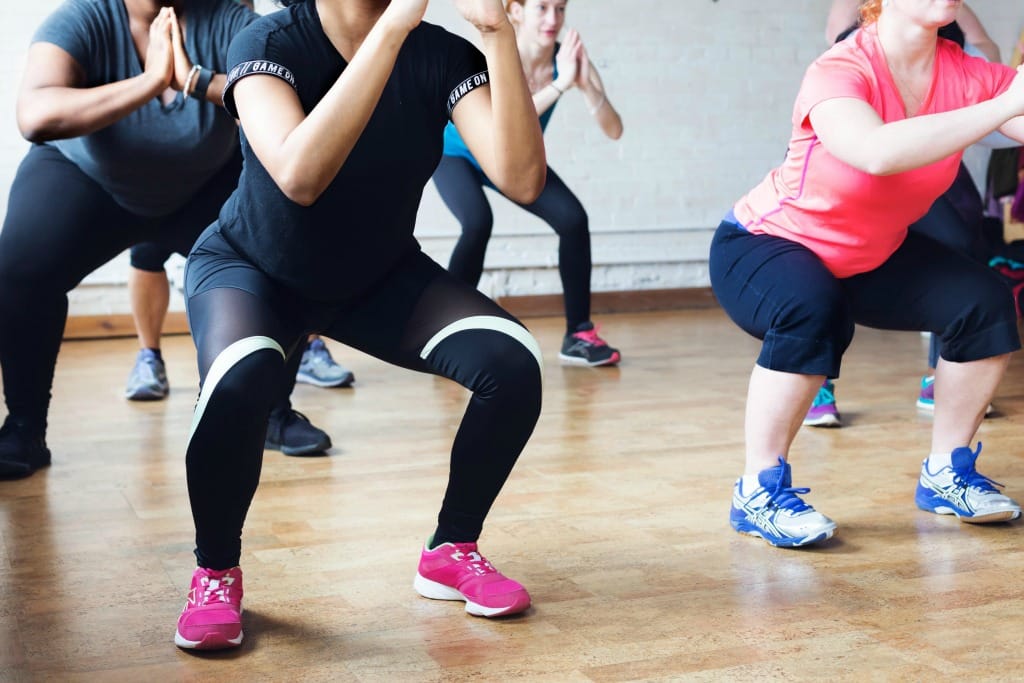Your self-care routine starts with self. It starts with getting clear about your identity, your values and your boundaries.
But defining self can be a long and sometimes uncomfortable process. You need help today.
You feel the pressure of first quarter filing deadlines at work, preteen struggles at home and a spouse who has no trouble putting their cycling group first. You’ll get to the exercises on identity later; today you need a way to preserve your sanity that doesn’t involve three glasses of wine and half a pizza.
There are no quick fixes for life’s most important problems but there are basic foundational habits that can help you form a basic yet effective self-care routine. These small steps done consistently will make a big difference.
Your best day starts the night before
I love how Laura Vanderkam reframed the importance of sleep on the Before Breakfast podcast. Instead of thinking of sleep as a way to end the day, think of it as the first step in starting the day.
We’ve all struggled through the day after a horrible night’s sleep. If you’re lucky, only getting a few hours of restful sleep is a random occurrence. If this is your routine, getting better sleep is the first foundational self-care step you need to take.
The truth is we can’t directly control the quality of sleep. Thunderstorms can roll in or you might randomly wake up from a nightmare. We can control our sleep routine. The top mistake sleep routine mistake I see is simply not going to bed. I hear story after story of falling asleep in the middle of a movie or while taking a ‘break” on the couch. If you’re so tired the only thing you have the energy to do is scroll Facebook, you need to go to bed.
I want you to take a page from Gretchen Rubin and set an alarm to go to bed. Try to make it 15 minutes earlier than your current “average” bedtime to start. Honor that bedtime alarm like the reminder that goes off before the next meeting on your calendar. For more tips on creating a sound sleep ritual, watch the video below.
What is your hydration strategy?
Nothing in your body runs well when you’re dehydrated. Sipping water all day long should be your goal but eating plenty of water-based veggies can help too. If you’ve tried and tried but feel like you forget to drink water most of the day, I’ve got a simple step for you.
I want you to drink one glass of water as soon as you wake up. You can keep the water beside your bed if you’re ok with room temperature water or drink the first glass in the kitchen while you wait for your first cup of coffee.
Don’t forget to move your body
We were meant to move. It is the best way to deal with stress because action is the body’s biological cue to compete the stress cycle. Since our modern stressors are constant, 30 minutes of exercise a day is a great goal. If it’s not possible to do it all at once, you can still get benefits from two 15-minute sessions or three 10-minute sessions. If you need inspiration for a quick workout try this 15-minute no-jump HIIT workout.
If you’re not regularly exercising, I want you to start with walking 20 minutes a day. If you need some support and inspiration check out this episode of the Happier Podcast and check out the hashtag #Walk20in20 to get see how others are fitting in 20 minutes of walking a day and making it work for them in the new year.
Stop starving yourself
Detoxes and cleanses that have you trying to survive on 500 calories a day or just juices aren’t self-care. They are depleting tools that keep your energy low and focused on how you look instead of how you feel. You need the energy and nutrients that food provides to help you think, laugh, move and love.
If you’re skipping lunch or ignoring your hunger signals, try eating at least three times a day. The goal (even if it’s a long term one) is to try to balance your plate with some protein, veggies or fruit and a little healthy fat when you eat. Not every meal will be perfect and that’s okay. Don’t skip a meal because the selections don’t “fit the plan”. Use the balanced plate approach as a guide for meal planning and choosing meals out. Use it to help you stay mindful of how to eat in a way that nourishes your body.
Part of the reason fad diets do make you temporarily feel better is they do make you focus on better quality foods. If you’re still making your way towards improved quality there is one simple thing you can do.
I want you to consider taking a multi vitamin or use a greens powder. Think of using a supplement as an insurance policy to cover the gaps while you make changes in your diet. If you can’t remember to take them every day that’s ok, but try to be consistent during times of extremely high stress. The physiological changes of the stress cycle can deplete your resources so you might need extra help.
If you really want the “just get me through the day” self-care strategy, I suggest making an emergency self-care kit. You can find the instructions here. Keep it in your office or bedroom for emergencies only. If you have a basic self-care routine, those emergencies occur less and be farther between.




